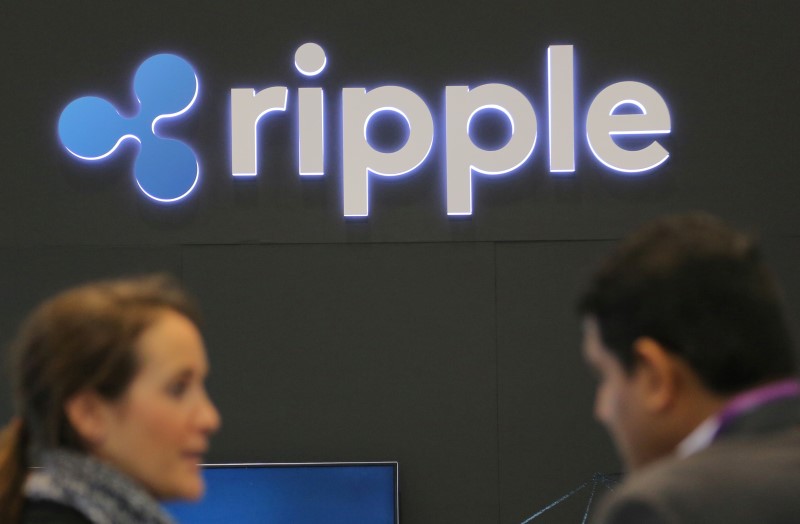Futures slip, bank earnings ahead, Powell to speak - what’s moving markets
- Legal expert John Deaton notes disrupted adoption for XRP due to SEC lawsuit on Ripple.
- Deaton highlights the contrast between pre-lawsuit growth of XRP and the subsequent legal action.
- The lawyer implies skepticism on the lawsuit’s intent, suggesting it was used as a weapon.
Legal expert John Deaton underscored the profound ramifications of the U.S. Securities and Exchange Commission’s (SEC) lawsuit on Ripple. In a tweet, Deaton emphasized that the damage stretches far beyond just the crypto exchange, but also on the digital asset XRP, resulting in three years of disrupted adoption.
You could NEVER underestimate the damage the SEC’s lawsuit has caused – NOT ONLY AGAINST RIPPLE – BUT #XRP. THREE YEARS OF ADOPTION – that’s what it’s caused. Just how long is 3 yrs – in crypto years? People seem to forget how much Coinbase (NASDAQ:COIN) promoted #XRP before the lawsuit.… https://t.co/1fZ3r8WCSd pic.twitter.com/GLu4kFUU38— John E Deaton (@JohnEDeaton1) August 22, 2023
In his analysis, Deaton delved into the apparent disparity between the actions of various entities involved with XRP and the eventual lawsuit. Before the SEC filed a case against Ripple in December 2020, Deaton pointed out that XRP enjoyed a period of growth and integration into the crypto landscape.
Notably, Coinbase, a major player in the crypto space, actively promoted the utility of XRP. The company had even engaged with the SEC in January 2019 to discuss the regulatory status of XRP. During this meeting, Coinbase presented a comprehensive argument based on its regulatory framework, which ultimately indicated that XRP should not be classified as a security.
Deaton highlighted that Coinbase’s decision to list XRP on its platform in February 2019 was contingent on the SEC’s lack of disagreement or objection to its assessment. This was in line with SEC enforcement lawyers’ prior conclusion in June 2018, as revealed in the XRP Howey Memo. The memo indicated that XRP did not clearly satisfy all the factors required to be deemed a security, and thus, enforcement actions were not recommended that time.
Furthermore, Deaton referenced MoneyGram’s disclosure to the SEC regarding its utilization of XRP in cross-border payments, echoing the sentiment of both Coinbase and the SEC lawyers in June 2018. Deaton further delved into Joseph Grundfest’s appeal to then-SEC Chairman Jay Clayton, urging him not to file a lawsuit against Ripple. Nonetheless, Clayton, along with Hinman and Marc Berger, not only initiated legal proceedings against Ripple but also asserted that all XRP sales constituted unregistered securities.
Amazingly, despite all the above (and so much more), on December 22, 2020, less than 2 years AFTER Coinbase met with the SEC about #XRP, and 18 months AFTER MoneyGram disclosed to the SEC it was utilizing #XRP, and despite lawyers at the SEC not concluding #XRP was a security in…— John E Deaton (@JohnEDeaton1) August 22, 2023
“It is so clear the lawsuit was used as a weapon,” Deaton asserted, implying skepticism about the SEC’s intentions. “The lawsuit definitely hurt #XRP and development related to the #XRPLedger,” he added, emphasizing the adverse impact on both the cryptocurrency and its technological evolution.
The post XRP’s Regulatory Rollercoaster: How SEC’s Lawsuit Damaged Ripple appeared first on Coin Edition.
